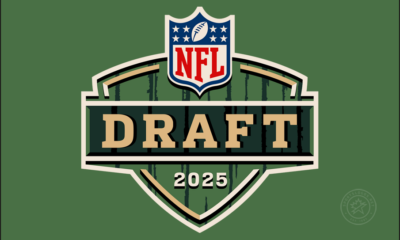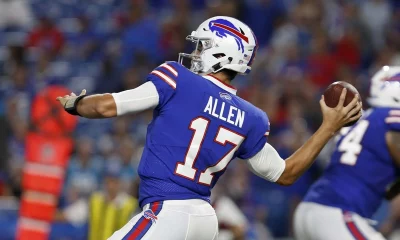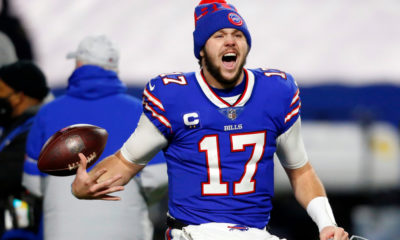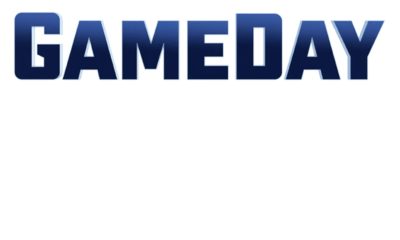Well it’s not quite as exciting as making fun of an old man with a cutting one liner here and there but when writing about a man’s entire life it’s fitting to remember the good man did also. Although we could recognize Ralph Wilson as a successful businessman and WWII veteran his accomplishments as a Professional Football Team Owner stand on their own.
Since its beginnings in 1920 The NFL had managed to outlast any rival leagues that attempted to offer professional football games. The All-American Football Conference (1946-1949) produced the Cleveland Browns, the San Francisco 49ers, and the original version of the Baltimore Colts. These successful teams were absorbed in the NFL and those with less financial stability were disbanded before the 1950 season started. All other “rival leagues” failed within 5 years.
The NFL then went unchallenged until 1960. In 1959 the NFL had no teams south of Washington, D.C., and only two teams west of Chicago (the 49ers and the Los Angeles Rams, now the St. Louis Rams). The league, however, was not interested in expansion and rebuffed Lamar Hunt in his attempts to gain ownership in an NFL team. Perhaps having too much money to be told no, Hunt conceived the idea of a rival professional football league to be called the American Football League. The new league established teams in eight American cities: Boston (Patriots), Buffalo(Bills), New York (Titans>Jets), Houston (Oilers>Tennessee Titans), Denver (Broncos) Dallas (Texans> KC Chiefs), Oakland (Raiders), and Los Angeles>San Diego (Chargers).
A minority owner of the Detroit Lions, Wilson got wind of Lamar Hunt’s plans for a new league, to challenge the NFL. He tried to put together a team in Miami, but was turned down and In September 1959, Wilson sent Hunt a telegram with the words, “Count me in with Buffalo.” He named his new team the Bills, and on October 28, 1959 the Buffalo Bills officially became the seventh AFL team. Wilson made Professional Football a resounding success in a “small market”. As one of the more financially secure owners (along with Lamar Hunt and Bud Adams) he was a guiding force in AFL policies that ensured success, such as gate and television revenue sharing. Wilson lent the financially troubled Oakland Raiders $400,000 and was also willing to lend money to Billy Sullivan of the Patriots. He helped keep those franchises afloat in the early years, likely saving the entire league from folding.
The AFL introduced many policies and rules to professional football which remain contemporary, including:
• The establishment of a 14-game schedule, which the NFL would adopt in 1961 (an increase from 12 games)
• A colorful style of team uniforms, including players’ names on the jersey back
• A flashier, exciting style of play, as opposed to conservative-style NFL game plans
• The introduction of the two-point conversion to pro football, conforming to the college rule adopted in 1958. (This rule was dropped when the merger took effect, though it was reinstated in 1994)
• Official time on the scoreboard clock, as opposed to it being kept by on-field officials
• One network television broadcast package for league games, first with ABC and later with NBC
• The sharing of gate and television revenues by home and visiting teams
On January 29, 1964, the AFL signed a lucrative $36 million television contract with NBC (beginning in the 1965 season), which gave the new league money it needed to compete with the NFL for players. A single-game attendance record was set on November 8, 1964, when 61,929 fans packed Shea Stadium to watch the New York Jets and Buffalo Bills.
The new upstart leagues future as an organization offering Professional Football games in many previously denied cities was guaranteed with the signing of that TV contract and the shared revenue policy championed by Ralph Wilson. Things change over 50 years and it’s acceptable to make fun of the Bills now being on the receiving end of revenue sharing or to forget Al Davis was the Commissioner of the AFL that pretty much forced the NFL into merger talks.
Who knows what would have happened in the 50 past years. Perhaps there would still be teams in Miami, Seattle, Phoenix, Denver, Boston, etc…., but those of you from the South and West got teams many years earlier because of men with vision like Ralph Wilson.
Spot The Looney





















Facebook
Twitter
RSS